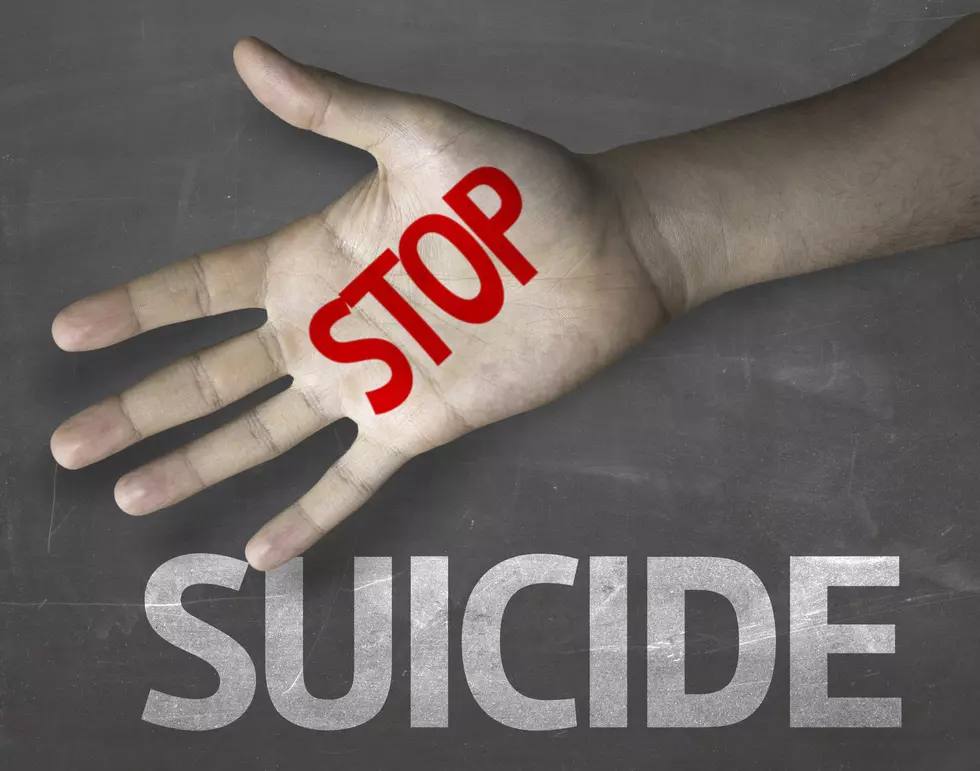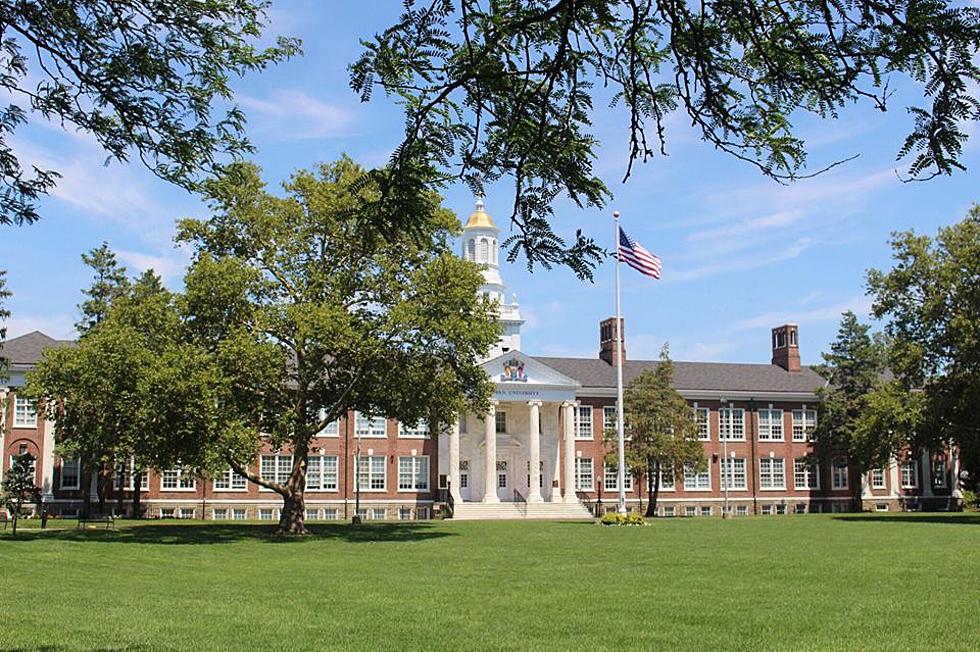
Helping those who are contemplating suicide
As September is National Suicide Prevention Awareness month, several groups across New Jersey are doing their part to raise awareness about suicide.
Every year in New Jersey almost 700 people take their own lives, but many of these tragic deaths can be prevented, according to mental health experts.
Mary Jane Maser, a nurse practitioner at Barnabas Health Behavioral Health Center who helps treat suicidal cases, said many patients who attempt suicide or are successful at it have a major depressive disorder or suffer from opiate abuse or alcohol abuse.
"They also are people who have suffered a loss recently or they are people who could either have lost their job, lost a loved one, they have a chronic illness, or they could be aging and have dementia," Maser said
According to the Centers for Disease Control and Prevention (CDC), 90 percent or more of all people who die by suicide have a diagnosable psychiatric disorder at the time of their death. In addition, over 60 percent of all people who die by suicide suffer from major depression.
Maser said there's a number of reasons why people may be driven to commit to suicide. "A lot of time there's legal problems, people could be facing jail time, they are anxious about the future, or they have poor sleep habits. They have multiple stressers and limited coping skills."
Some of the warning signs include people talking about suicide, insomnia, isolation, loss of interest in work or school, not getting out of bed, withdraw from social activities, friends and family, researching suicide, feeling worthless and feeling like a burden to others.
"Most of the time when I talk to people who are acutely suicidal, they have a problem with their perspective. On the one hand is their experience of unbearable pain, and they cannot imagine anyway out of that unbearable pain. In their perspective they have a choice of two options - continue to suffer or end my suffering by ending my life," said William Zimmerman, a clinician supervisor with NJ Hopeline, the state's first suicide hotline center.
In some cases, people don't seek help before its too late because they are scared about what others may think. Maser said unfortunately a stigma still exists about suicide that prevents many from getting the help they need.
"People don't talk about feeling depressed or suicidal because it's a sign of weakness. Sometimes patients who are thinking about suicide don't want to tell anyone because they're afraid their attempt will be thwarted. Patients feel ashamed of how they feel. They don't share it with anyone," Maser said.
But all is not lost.
More and more people, according to Maser, are willing to talk about how they feel - sharing their depression and they are getting the help they do need.
More From New Jersey 101.5 FM









